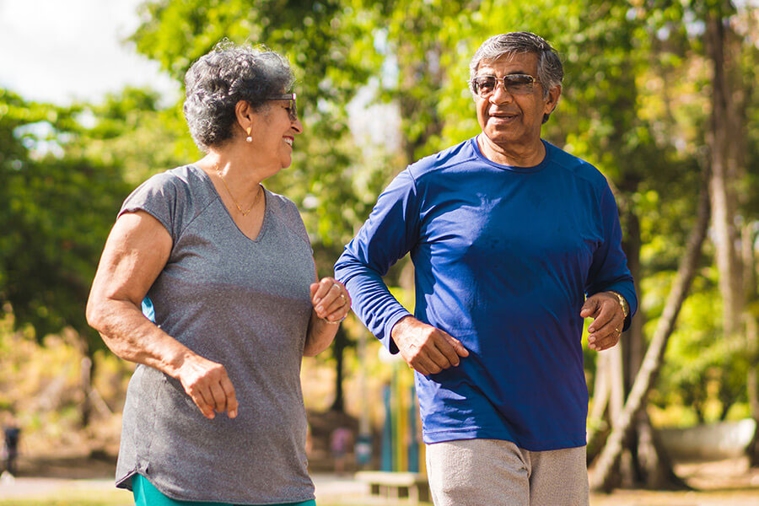
Pill Parties and TikTok Challenges: How to Keep Teens Safe from Drug Misuse
Recent statistics have shown that teens’ misuse of prescription and over-the-counter drugs has skyrocketed in the last several decades. In 2021, over 1,100 adolescents died of a drug overdose. In just 11 years, between 2010 and 2021, the number of teen drug overdoses more than doubled.
Nearly 1 in 5 adolescents have misused opioids. And more than half of teens who use prescription opioids get them from a family member or friend. Both parents and teens must be armed with information to lower these staggering statistics.
Why is drug misuse on the rise?
Teenagers have always been drawn to risky behaviors. Adolescents are in a unique time in brain development that makes them more prone to impulsivity and emotional reactivity. Although many teens understand the dangers of a risky behavior, they may still be more susceptible to social pressure.
The net of what “social pressure” means has widened significantly for today’s teenagers. Dangerous social media trends like “the Benadryl challenge,” which encourages teenagers to take large amounts of Benadryl, contribute to today’s concerning overdose trends. There’s also a serious problem with counterfeit pills that contain illicit fentanyl. Teens who go to “pill parties” or who accept pills from others are at serious risk of accidental overdose.
What teenagers can do
It’s normal to want to feel included and liked, especially during teenage years. But it cannot be overstated how dangerous drug misuse is. Know the facts about opioids and how they can affect you:
- Even one dose of an opioid slows your heart rate and breathing and can even be fatal. If you take opioids with other drugs or alcohol, your risk increases further.
- Opioids are highly addictive, and, if you use them, you risk becoming physically dependent on them. When you start using drugs, you tend to develop a tolerance, requiring higher and higher doses to experience the same effects.
- Addiction can develop quickly—research has shown that you can develop a dependence on prescription opioids within just five days.
To keep yourself safer in social situations, you can:
- Think about how to respond if your peers begin misusing drugs around you or if they pressure you to join in. Come up with a script so you don’t have to think about how to say no.
- Speak with your parents about creating an exit plan, such as texting a code word, to help remove you from a situation quickly.
- Make decisions about your boundaries ahead of time to help lessen your emotions or anxiety in the moment. This can make you less likely to get swept up in impulsive decision-making.
What parents can do
Talk with your teenager about opioids and drug misuse. Explain the risks and help them understand that misusing drugs can have significant, even life-threatening consequences.
As a parent, you want to keep your child safe. But it’s important to understand that as your child gets older, you can’t predict every situation they are in. It may be scary when they start making more of their own decisions, knowing they could be faced with temptations. Empower them by discussing how to respond in risky situations and offer an exit strategy. Whether or not it seems like your teen appreciates it, your support is one of the most valuable things you can offer.
For free, 24/7 information and treatment referrals, call the Substance Abuse and Mental Health Services Administration (SAMHSA) hotline at 1-800-662-HELP (4357).



